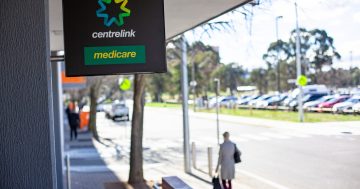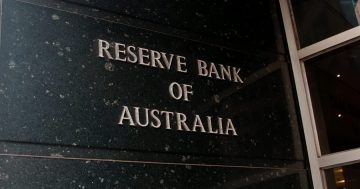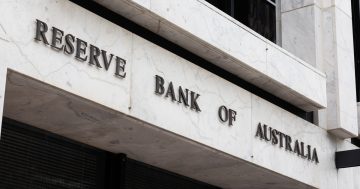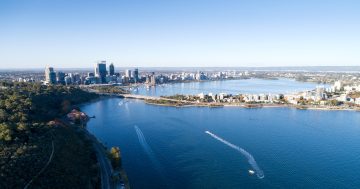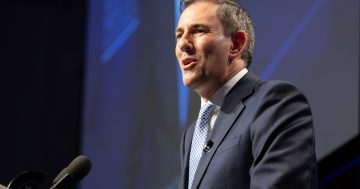David Scutt* says leading indicators suggest Australia’s economic slowdown could be entrenched.
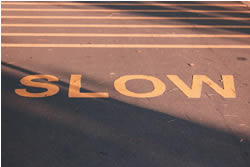
Photo: Song kaiyue
Australian economic growth looks set to remain sluggish for some time yet, continuing the slowdown seen in the second half of last year.
The Westpac-MI Leading Index, an indicator that uses a variety of local and international economic indicators to predict Australian economic growth looking three to nine months into the future, slumped to –0.47 per cent in April, down from –0.13 per cent in March.
The latest result suggests economic growth will be 0.47 per cent below Australia’s trend growth rate, widely regarded as around 2.75 per cent per annum, until the end of this year.
So around 2.3 per cent, the same pace the economy grew in the 12 months to December last year.
Trend growth is the level where the economy is expanding at a sufficient pace to keep unemployment and inflationary pressures stable.
Right now, inflation is weakening and unemployment is starting to drift higher, adding credence to the recent signals offered by the Leading Index.
“The Index growth rate has been consistently negative over the last five months, a clear signal that economic growth through the three quarters of 2019 is likely to be below trend,” said Bill Evans, Chief Economist at Westpac.
“This consistent ‘below trend’ signal from the Index is in line with Westpac’s growth forecast for 2019 of 2.2 per cent.”
Had it not been for a surge in Australian stocks, partially reflecting increased odds of rate cuts from the Reserve Bank of Australia (RBA) in the months ahead, the headline index would have been even lower last month.
With official GDP, inflation and unemployment data from the Australian Bureau of Statistics all weakening, and given the signals from the Leading Index, Evans says the RBA will need to stimulate economic activity by cutting Australia’s cash rate by 25 basis points in both June and August, leaving it at 1 per cent.
Financial markets share a similar view, putting the probability of 50 basis points worth of rate cuts from the RBA by November at over 100 per cent.
* David Scutt is Markets and Economics Editor for Business Insider Australia. He tweets at @Scutty.
This article first appeared at www.businessinsider.com.au.


